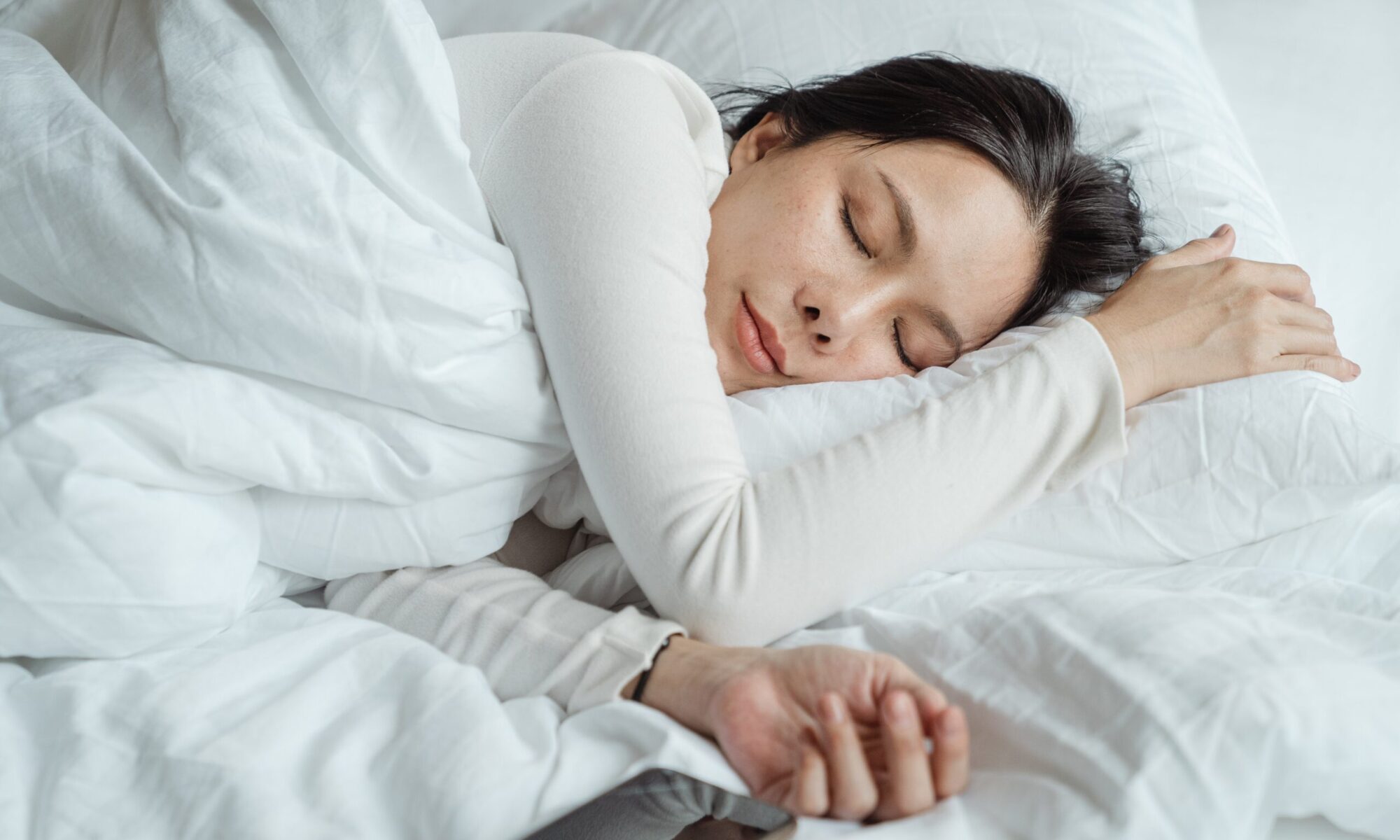There is a complex association between sleep and a lack of it, and the affective disorders of depression & AnxietyExcessive sleepiness affects physical health and mental health too. A lack of quality sleep can significantly affect your outlook on life, energy level, motivation, and emotions.

All these alterations to your mood can affect not only your individual mental health, but your relationships and family dynamics as too.
With a low mood, you may not realize that lack of sleep is the culprit yet even small levels of sleep deprivation over time can reduce happiness. This may manifest as less enthusiasm, more irritability, or even some of the symptoms of clinical depression, feelings of persistent sadness or emptiness.
All these alterations to your mood can affect not only your individual mental health, but your relationships and family dynamics as too.
This link between sleep and mood has been studied by researchers and doctors. People with insomnia have greater levels of depression and anxiety than those who sleep normally. They are 10 times as likely to have clinical depression and 17 times as likely to have clinical anxiety. The more a person experiences insomnia and the more frequently they wake at night as a result, the higher the chances of developing depression.
Obstructive sleep apnea (OSA), a condition in which a person wakes frequently and very briefly throughout the night, is linked to depression as well. OSA fragments sleep – in one study of nearly 19,000 people, those with obstructive sleep apnea were five times as likely to suffer from clinical depression. There are many other sleep disorders that fragment sleep too )Restless Legs Syndrome – RLS).
Researchers believe this is because when sleep is disrupted over and over, it can alter brain activity and neurotransmitters that affect a person’s mood and thinking.
The relationship between sleep and mood is complex, because disrupted sleep can lead to emotional changes, clinical depression or anxiety (as well as other psychiatric conditions), but these conditions can also compound and disrupt sleep. Just like physical pain, emotional pain can affect sleep just as poor sleep can affect physical or emotional pain.
Altered sleep patterns are a hallmark of many mental health issues. If you find yourself sleeping too little or too much on a regular basis, it’s important to ask your doctor to decide if further tests or a treatment plan is necessary.
The effects of sleep deprivation on symptoms of psychopathology in healthy adults

Sleep loss leads to temporary changes in mood and cognition and is associated with reduced cerebral metabolism within the prefrontal cortex, similar to findings observed in some psychiatric disorders. However, the extent to which sleep deprivation may be associated with the emergence of clinical symptoms of psychopathology in healthy normal individuals is not clear.
Two nights without sleep may lead to a sub-clinical increase in self-reported affective symptoms of psychopathology while having little effect on symptoms of thought disorder, psychotic processes, or behavioural dysregulation. Studies suggest that sleep loss may be differentially disruptive to regions of the brain involved in affective regulation and may, therefore, serve as a model for understanding the brain dysfunction associated with affective psychopathology.
So do Obstructive Sleep Apnea (OSA) and snoring cause depression, anxiety or panic attacks? Well as with everything else it’s not always a direct relationship.
It’s true that those disorders do fragment sleep and poor sleep does aggravate depression, anxiety or panic attacks. Its also true that snoring and OSA precipitate a stress response (fight or flight) and many including myself believe this may over time induce a protective hyper vigilance which could of course be linked to depression, anxiety or panic attacks. Just my thoughts.
So investigate possible sleep related causes and manage them appropriately – especially if doing so carries many other benefits.
Dr. Stephen Bray

